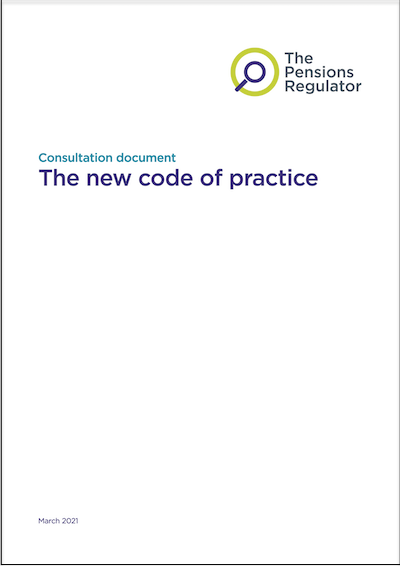 A proposed new code of practice for pensions is ambitious but, writes Clare Scott, the approach to governance could be “highly confusing”.
A proposed new code of practice for pensions is ambitious but, writes Clare Scott, the approach to governance could be “highly confusing”.
Pensions committees of English LGPS funds may be excused from missing The Pensions Regulator’s (TPR) consultation on its new code of practice.
The consultation started in March and ended on 26 May and few committees had meetings due to the local elections which undoubtedly impacted on the volume of responses to the consultation.
TPR started regulating the governance and pension administration of LGPS funds across the UK in 2015, at the time local pension boards were introduced. As a result, there has been increased focus on pensions administration from committees, who perhaps historically were more focused on investment issues. Also, for some funds the introduction of local pension boards has brought greater involvement of scheme members and employers in the governance.
pension boards were introduced. As a result, there has been increased focus on pensions administration from committees, who perhaps historically were more focused on investment issues. Also, for some funds the introduction of local pension boards has brought greater involvement of scheme members and employers in the governance.
LGPS governance standards have been subject to a review by the Scheme Advisory Board* recently with recommendations finalised in February. The ‘Good Governance’ review has been passed to government to consider the next steps. But where will this feature in government’s priorities? Their attention may be focussed on the investment pooling consultation.
So funds’ attention are likely to switch to the significant implications of TPR’s proposed code of practice (COP).
TPR is proposing to merge 10 of its COPs into 1 single COP for both private and public sector schemes, although some of the 51 modules will not apply to public sector. This will replace the current COP 14, which specifically applies to public sector schemes.
Anomoly
16 November 2021
London Stock Exchange or ONLINE
Room 151’s LGPS Investment Forum
Our annual gathering of administering authorities of the LGPS, their investment pools and advisers.
Qualifying local government investment officers can register here.
One anomaly of the current situation is that the standards expected of a local pension board are more rigorous than for pension committees, for example relating to knowledge and understanding of individual members.
This is arguably perverse given that most Local Pension Boards have no decision-making responsibilities for the fund, other than whether to report breaches to the regulator.
To give TPR some credit, in the consultation it has tried to address this by addressing the COP to the “governing body”, defined as “the scheme manager and the pension board”.
However, this perhaps over-emphasises the responsibilities of the pension board, potentially introduces a lack of clarity for accountability and potentially creates unnecessary duplication.
In its response to the consultations, the Scheme Advisory Board (SAB)* raises “considerable concerns” about this new terminology and argues it should be for the scheme manager to determine who or what is the governing body.
SAB also highlights several areas where TPR is going beyond its regulatory scope and raising potential overlaps (even contradictions) with scheme and/or local government regulations. SAB is not alone in raising such concerns.
There are some cross-overs in themes with the Good Governance review but as the new COP is expected to come into force later in 2021, it does feel that the Good Governance review is being overtaken. This change of direction, and the lack of clarity on aspects of the new COP, has the potential to be highly confusing for funds.
One thing is for sure, the standards expected of funds are increasing and there is no let-up in the ever-increasing scrutiny. Irrespective of whether COP or Good Governance wins over, the new COP should provide an ambitious set of standards for funds to strive towards. Ultimately improved governance should lead to improved outcomes, so the winners should be our members and employers.
Clare Scott is an independent adviser to a number of LGPS funds.
* Applies to England and Wales. For Scotland, Good Governance and pooling consultation does not apply.
Recognised not all LGPS scheme managers have a “Pensions Committee”
—————
FREE monthly newsletters
Subscribe to Room151 Newsletters
Room151 Linkedin Community
Join here
Monthly Online Treasury Briefing
Sign up here with a .gov.uk email address
Room151 Webinars
Visit the Room151 channel













